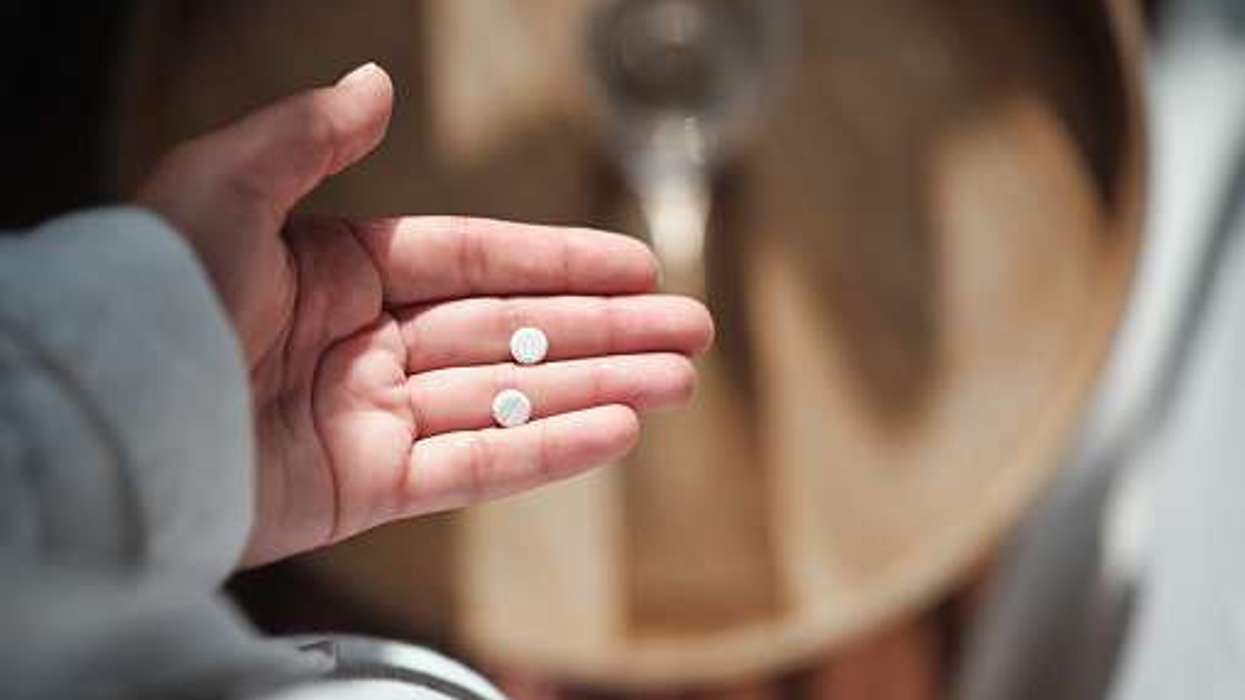By Eoghan O’Brien
Skincare is of personal interest to me having lived with eczema from birth. It fuelled my interest in healthcare and was a factor in my decision to become a pharmacist.
I went steroid free 30 years ago as I was needing increasingly potent steroid creams which only gave me temporary relief. After a challenging withdrawal period (I would recommend anyone doing this has guidance from an experienced practitioner) I explored many natural options including dietary changes, herbal medicines, homeopathy, yoga and meditation and can manage the occasional very minor flare-ups I now experience very effectively.
If it’s stress
I’ve also learned to look at it as a friend rather than a foe and this change in mindset has also been a big help. I now recognise that a flare up is my body’s way of informing me that I need to change something such as how I’m managing my stress.
It can be reassuring to let the person know that if stress is causing some aggravation, that the skin often improves when a stressful situation resolves. If a baby is prone to eczema it will nearly always flare with the stress of teething and settle somewhat when the teething does.
The Global Burden of Disease project has shown that skin diseases continue to be the fourth leading cause of nonfatal disease burden world-wide so increasing our range of quality skincare products is a major opportunity for community pharmacies to improve our healthcare offering.
Many people – especially those with sensitive skin like me – react adversely to the harsh chemical content of the commercially available soaps, shampoos and body washes. When someone presents with eczema/dermatitis on their hands or eczema/psoriasis in the scalp one of the first questions I ask is what soap/shampoo they are using, as simply changing this can be enough to resolve the condition.
Easy options
There are some very gentle options available which still cleanse the skin and can even help moisturise it. Examples are:
- Weleda’s Calendula Shampoo & Body Wash (a formula designed for babies which I still use myself!).
- Olivia soap is a very affordable bar which contains only saponified olive oil!
- The Moogoo, Salcura, Marble Hill and Child’s Farm ranges all have lovely options for cleansing as well as moisturising.
Nutrition can be a bit of a minefield to get into as different people are affected by different foods and even at different times, but as a general guide it is worth flagging some of the following and suggesting that the person is aware that they can cause issues and to avoid or reduce them if they do:
- Pork products (bacon, ham, sausages, etc.) are generally best avoided for many skin problems including eczema, psoriasis and acne (vulgaris and rosacea)
- Dairy can sometimes be problematic – especially for acne & psoriasis and sometimes eczema
- Sugary foods and drinks (it can take a conscious effort to avoid these nowadays!) and alcohol will often cause skin inflammation
- Some fruits like tomato (and sauce), oranges (and juice) and strawberries
- Eggs, gluten or wheat, soy and nuts (eczema)
If the person has a particular liking for one or more of the above it can be a good starting point to reduce or eliminate as it could simply be the excess amount that is problematic, unless they are very sensitive to it/them.
Advice & supplements
Simple tips like more relaxation and higher water intake are always worth mentioning.
Supplements that can help skin problems are:
- A good quality Omega-3 Oil (fish, krill, Flax or chia) can help moisturise the skin and sometimes reduce inflammation.
- Probiotics, Aloe Vera, Turmeric, Vitamins A, B complex, C, & D can improve gut health, which in turn can be beneficial for eczema.
- Remedies that can support the liver may be beneficial for psoriasis and possibly acne as well. Popular choices are Milk Thistle, Aloe Vera & Turmeric
Homeopathy can be an option for skin conditions as well but is best dealt with by a qualified practitioner as sometimes a temporary aggravation of symptoms can occur. Although this is often a sign of progress, it needs to be managed very carefully.
This article also appears in the February issue of Pharmacy Business.











